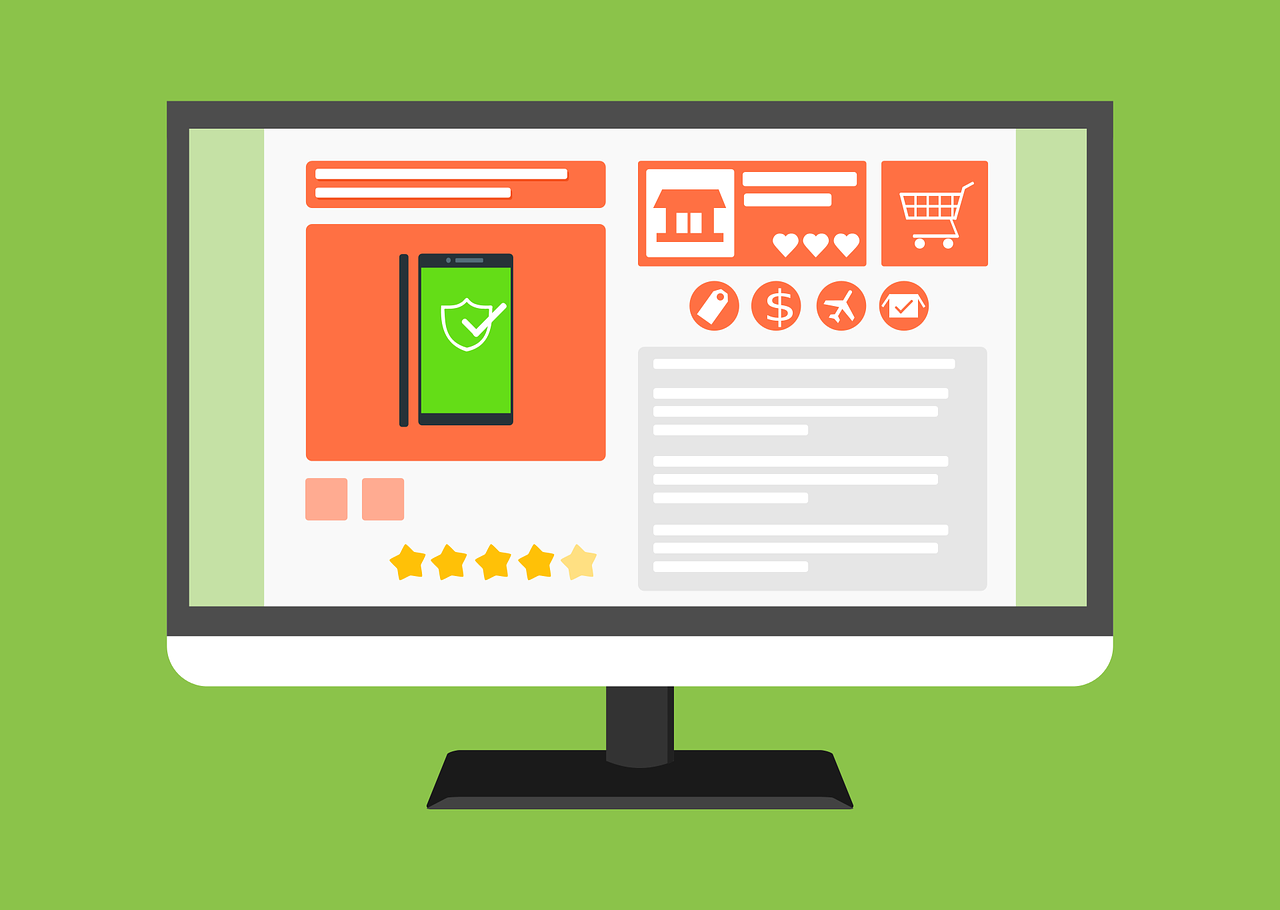DIGITAL MARKETING WITH E-COMMERCE..
Digital marketing plays a crucial role in the success of e-commerce businesses by driving traffic, increasing conversions, and building brand loyalty. Here's how digital marketing strategies can be effectively used in conjunction with e-commerce:

1. Search Engine Optimization (SEO): Optimizing your e-commerce website for search engines is essential for improving visibility and driving organic traffic. By targeting relevant keywords, optimizing product pages, and building high-quality backlinks, you can improve your website's ranking on search engine results pages (SERPs) and attract more potential customers.
2. Pay-Per-Click Advertising (PPC): PPC advertising, such as Google Ads and Bing Ads, allows you to bid on keywords related to your products or services and display ads to targeted audiences. PPC campaigns can drive immediate traffic to your e-commerce website and provide valuable data for optimizing your advertising strategy.
3. Social Media Marketing: Social media platforms like Facebook, Instagram, Twitter, and Pinterest offer valuable opportunities for e-commerce businesses to connect with customers, showcase products, and drive sales. By creating engaging content, running targeted ads, and leveraging influencer partnerships, you can effectively reach your target audience and drive traffic to your e-commerce store.
4. Content Marketing: Content marketing involves creating and sharing valuable, relevant content to attract and engage your target audience. In the context of e-commerce, content marketing can take various forms, including blog posts, product reviews, how-to guides, and videos. By providing informative and engaging content, you can establish your brand as a trusted authority in your niche and drive traffic to your e-commerce website.
5. Email Marketing: Email marketing is a powerful tool for e-commerce businesses to nurture relationships with customers, promote products, and drive sales. By building an email list and sending targeted, personalized emails, you can encourage repeat purchases, upsell or cross-sell products, and drive traffic to specific product pages or promotions.
6. Influencer Marketing: Influencer marketing involves partnering with influential individuals or content creators to promote your products or brand to their followers. By collaborating with relevant influencers in your niche, you can reach new audiences, build credibility, and drive traffic and sales to your e-commerce store.
7. Remarketing and Retargeting: Remarketing and retargeting tactics allow you to re-engage visitors who have previously visited your e-commerce website but did not make a purchase. By displaying targeted ads to these visitors across various channels, such as display networks, social media platforms, and email, you can encourage them to return to your website and complete their purchase.
8. Mobile Optimization: With the increasing use of mobile devices for online shopping, it's essential to ensure that your e-commerce website is optimized for mobile users. This includes having a responsive design, fast loading times, and a seamless checkout process to provide a positive user experience and maximize conversions.
By integrating these digital marketing strategies into your e-commerce business, you can effectively attract, engage, and convert customers, driving growth and success in the competitive e-commerce landscape.